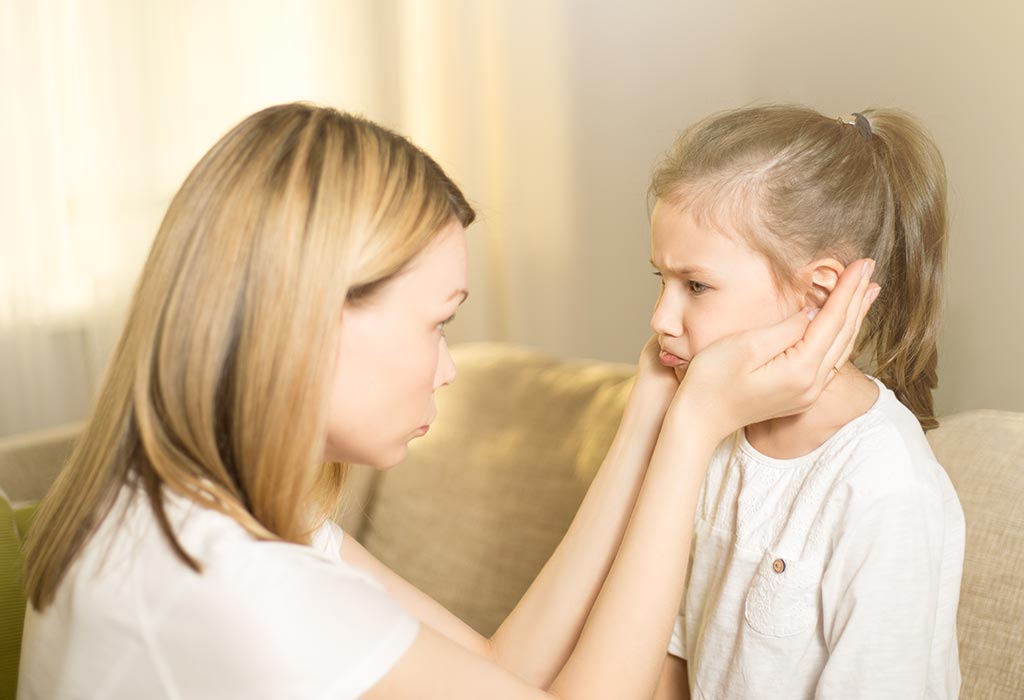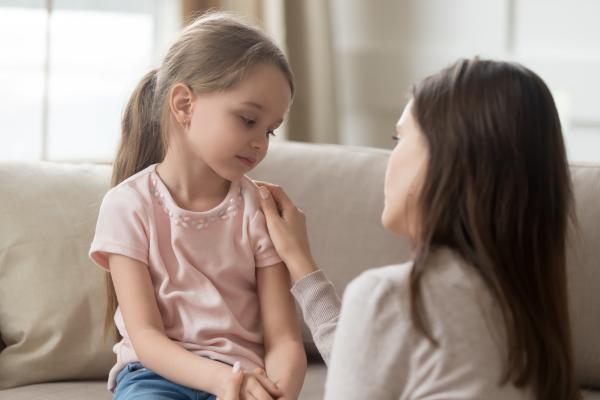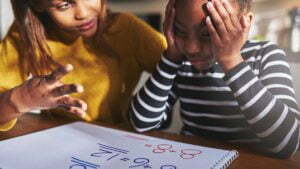According to research, children as young as three years old can have body image problems. Many factors influence how youngsters perceive themselves. For people of all genders, ages, and ethnicities, today’s society has an image-driven culture that focuses on unattainable ideals of beauty. These standards are having a bad influence on adults, but they are also having an unsettling impact on youngsters. Parents can play an important role in fostering a positive body image and self-esteem in their children.
A child’s development requires positive body awareness and confidence. It can benefit your child for the rest of his or her life. Here are some suggestions for teaching your children to have a positive body image and create lifelong healthy habits:
6 Ways to Help Your Children Develop a Positive Body Image
Set A Good And Positive Example For Your Child
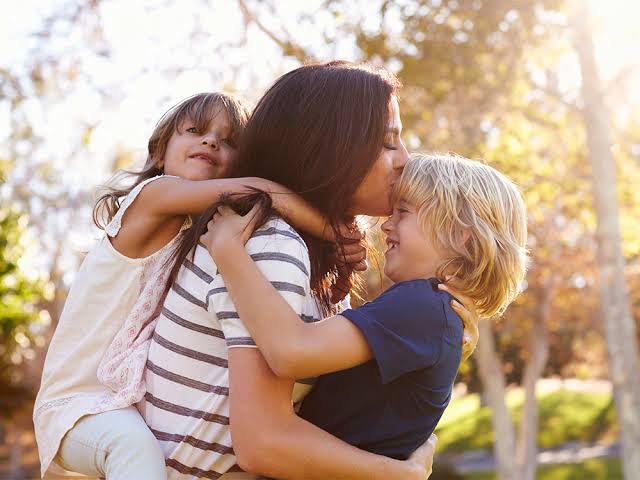
You are the source of your own self-assurance. Examine yourself in the mirror and write down what you like about yourself. Positive self-talk is important, as is acknowledging that your flaws are fine. Moreover, children tend to imitate the acts and behaviours of the people in their environment.
As a result, their perceptions of themselves may be influenced if they hear adults speak poorly about their own bodies. Discuss body diversity with your children, as well as why many media portrayals are unrealistic. Choose to talk to your children about yourself with respect and admiration.
Avoid feeling guilty about particular meals you eat or skipping an exercise opportunity. Let them know why you’ve decided to eat healthier, and emphasise the value of eating fresh produce such as veggies and fruits. Furthermore, if you see your children are having trouble with their body image, be the friendly face they need.
Prioritize Health Over Weight

Stop worrying over the scale’s readings. Rather, focus on tasty foods and enjoyable physical activity. It is critical that children understand that body positivity and a positive body image are about more than just weight and beauty. Nutrition and exercise are excellent goals since they provide us with the energy to complete whatever we want to do.
We feel better when we take care of our bodies, regardless of our age or size. Teach your children how to obtain the energy they require to care for themselves and enjoy an active lifestyle. Avoid talking about food rules, what is and isn’t authorised. Instead, set a good example by eating a well-balanced diet that includes all of the food groups and portioning meals, snacks, and desserts properly.
Calorie counting or calorie restriction should not be done by children. The importance of focusing on positive messages like these, as well as moderation, cannot be overstated. They should eat often and learn how to choose healthy, enjoyable snacks.
Guide Your Child On The Importance Of Self-Acceptance
It’s difficult to gain self-confidence at any age, but it’s extremely difficult when you’re a teenager. Body dissatisfaction affects 90 percent of girls and nearly half of guys. Social pressure to be thin is one of the many convoluted reasons people of all genders develop an eating problem. Putting pressure on a youngster to have the perfect body type can lead to low self-esteem, unhappiness, and the development of harmful eating habits.
Self-acceptance is a vital component of instilling confidence in your children. Teaching your children to have a positive attitude about themselves will help them create a positive self-image that isn’t solely based on beauty. Practice expressing their positive characteristics as well as what they are capable of accomplishing or becoming.
This allows children to deflect negative energy away from themselves and trains them to be confident in expressing their true feelings. Apart from this, provide opportunities for them to evaluate success and failure equally in your feedback by praising their strengths.
Aid Children In Respecting Their Bodies And Promote Physical Activity
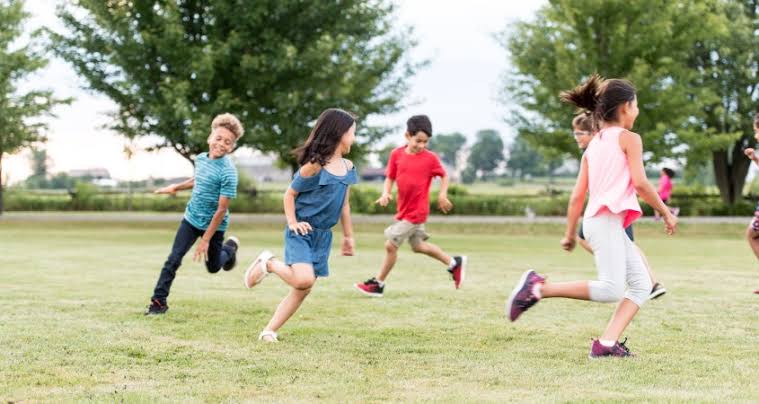
Instead of focusing on exercise as a means to lose weight or maintain a certain body type, encourage your kids to think about the numerous ways that being active might benefit them. One component of having a positive body image is feeling fit, powerful, and capable. All youngsters require regular, enjoyable physical activity.
Recognize that different bodies can reach different levels of success, and that it’s fine for your child to have different athletic abilities and body types than his or her peers. Assist them in finding things that they enjoy while also keeping their bodies healthy. Some children are born athletes who enjoy all sports. Other youngsters are better at doing things on their own, like walking or riding a bike. Yoga, karate, or a hip-hop dance class may appeal to some.
It makes no difference what kids do to maintain a healthy lifestyle. It is just important that they take action. Take a walk with them or go on a bike ride as a family, or play catch outside. In addition to this, make a point of praising them for their achievements and encouraging them to take on new challenges.
Establish A Healthy And Positive Relationship With Food
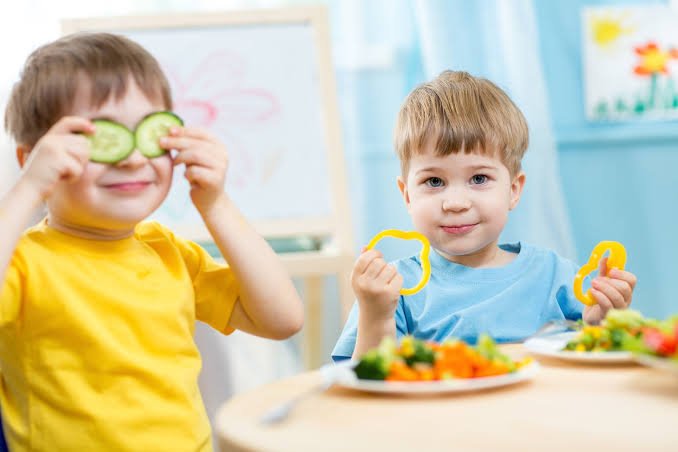
Making healthy eating fun and building strong relationships with your children around food allows them to decide how they feel about what’s on their plate. Moving away from the binary of “good” and “bad” foods can help your children’s relationship with food improve. These tags produce anxiety around food, which can lead to food restriction and the feeling of being a horrible person for eating a “bad” meal.
Encourage nutritious, well-balanced meals, and never use food as a reward. Emphasize how the nutrients in foods help people grow strong and healthy to promote good eating. Allow kids to make certain dietary choices. Furthermore, help create an environment in which healthful foods are readily available and appealing.
Dispelling The Myth Of The “Perfect Body”
Talking about bodies on television, in publications, and on the internet can help your youngster become a smart media critic. Talk to them about the models they see in print and online advertisements. Explain that many of these photos have been photoshopped or altered in some way to make the bodies appear “ideal.”
Avoid using unkind language or blaming children, and never make comments about their appearance or image. Instead, teach your children that healthy bodies come in different shapes and sizes, and encourage them to talk about their abilities and capabilities.
Explain to them that their looks will change throughout time, but that size and weight have no bearing on their happiness. Remind them that a perfect physique is one that achieves goals rather than one that looks a specific way.
Final Thoughts
Teaching your kids about body positivity and healthy eating and physical activity habits can have a long-term impact on their self-esteem, personality, and how they engage with an image-driven world.
Podium School is an incredible place to learn about good parenting. Check out the Podium Blog for the latest parenting ideas, and use Podium School as a buddy and guide to assist you adopt some excellent parenting habits.
Stay on board with us on our blog for more updates and catch our new article on Hindustani And Carnatic Music : Know The Difference!
Share with your friends
